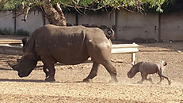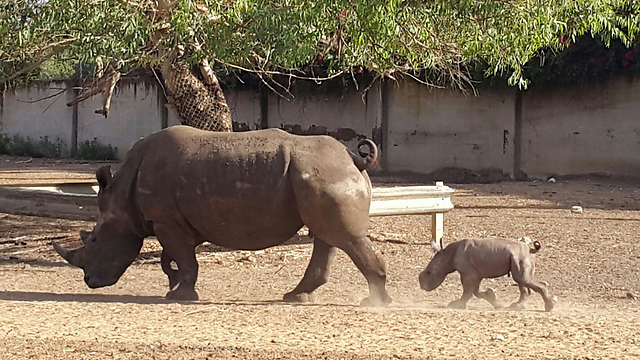
The bank will be formed as a partnership with an advanced research institute in Germany.
Containing the genes of a multitude of animals, the samples will be able to last 3000 years, so that if any animal goes extinct, researchers can use the DNA to recreate the animal.
The head of the project is Dr. Yigal Horowitz, chief veterinarian at the Safari, along with Dr. Susan Holtz amongst other fertilization experts at the Leibniz Institute for Zoo and Wildlife Research (IZW). The hope is to be able to preserve the DNA of animals who are expected to go extinct in the next few years.
The DNA will be extracted from tissue samples of animals which are sent to the Ramat Gan Safari for medical treatment. The tissue samples and DNA samples will be stored in a special on site facility, being kept at a constant -196 degrees Celsius.
Although there is currently no way to resurrect extinct animals using only their DNA, scientists want to start collecting samples now in the hope that in the future there will be a way to do so.
“Noah collected all the animals and saved them from extinction years ago. I believe it is now our turn to do this,” said Dr. Horowitz. “We’re lucky that we get 4,000 different animals that come for treatment (in Ramat Gan) every year. We have no doubt that other zoos will join us and take part (in this initiative).”

















